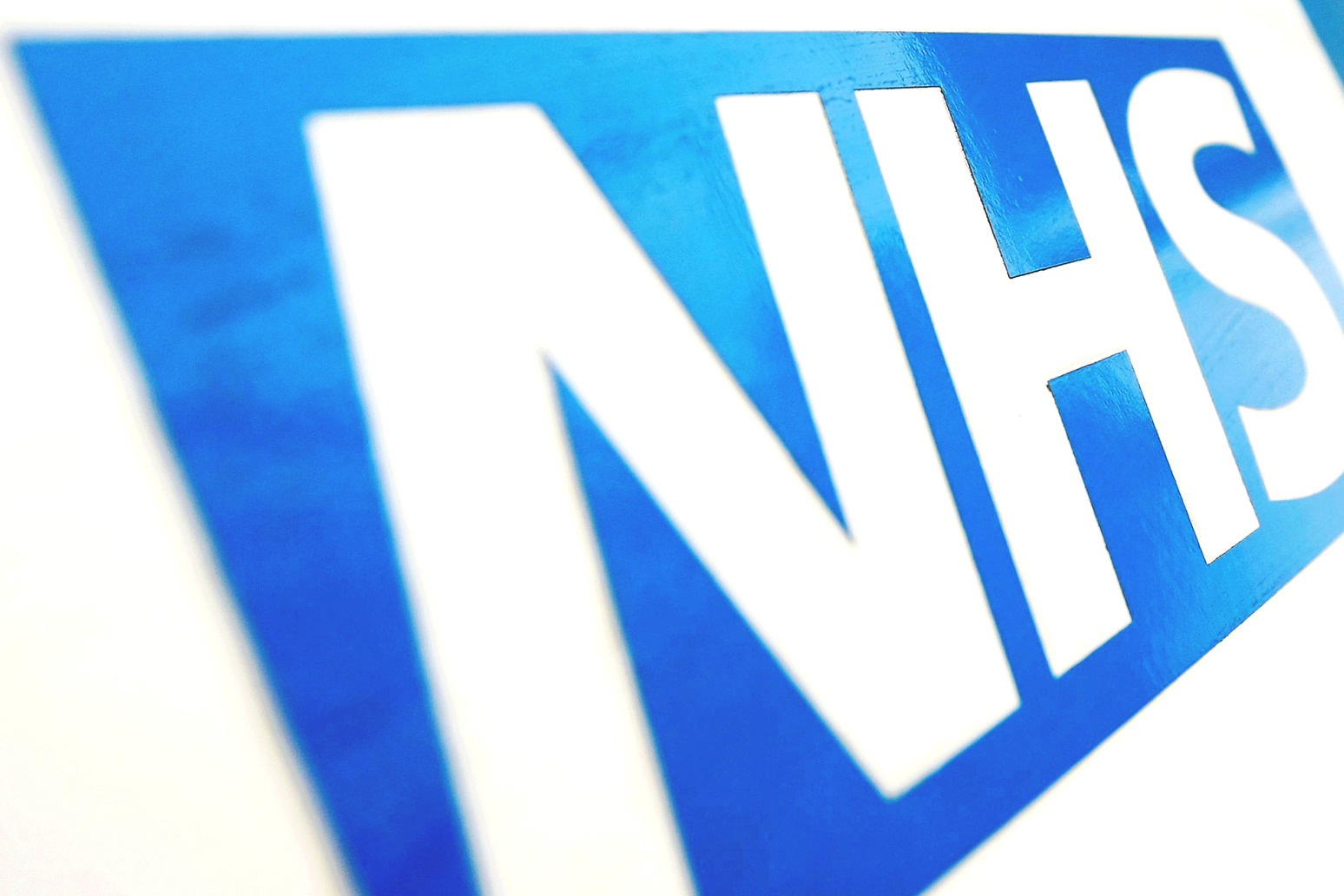
Health staff demand action to reduce carbon footprint of NHS in Scotland
They say that action is needed from health boards and the Government, as well as from health professionals themselves
Medical bodies are calling on health boards and the Scottish Government to do more to reduce the carbon footprint of the NHS.
The Scottish Academy – which includes health professionals in the Academy of Medical Royal Colleges and Faculties in Scotland – demanded action on the issue ahead of the global Cop26 climate change summit in Glasgow.
They argue that climate change is a global public health issue and therefore professionals working in the sector should be leading the way by making the NHS more environmentally friendly.
But they say for meaningful change to happen, action is needed from health boards and the Government, as well as from health professionals themselves.
With the Academy concerned about waste in the health system – particularly from single-use items such as PPE, inhalers, blood collection tubes and plastic drinking cups – it called for the NHS in Scotland to be more innovative about recycling items such as PPE where this can be done safely.
Mike McKirdy, president-elect of the Royal College of Physicians and Surgeons of Glasgow, said a “move towards reusable surgical equipment” could be explored.
He said hospitals and other NHS centres should also make sure there are sufficient recycling bins in clinical areas and in patient waiting areas, since the recycling of general waste is a challenge.
Meanwhile video technology could be used to avoid unnecessary vehicle journeys which cause harmful emissions.
Dr Chris Williams, the joint chair of the Royal College of GPs Scottish Council said: “Video technology offers patients and clinicians increasing options for consultations and discussions without the need to meet face to face.
“When this is appropriate and mutually acceptable, these opportunities should be explored and embraced.
“We must look to avoid unnecessary journeys that cause vehicle emissions. Transport accounted for more than one third of Scotland’s greenhouse gas emissions in 2018. We want safe active travel to be supported and promoted.”
The NHS in Scotland has committed to being a net-zero greenhouse gas emissions organisation by 2045.
Mr McKirdy said: “Health services, and the way in which we deliver care, are major contributors to climate change. We need to consider the entire pathway for patients and identify where we can reduce, reuse and recycle at all stages of the clinical journey.
“In surgery, for example, there are opportunities to reduce the use of consumables, move towards reusable surgical equipment, and increase rates of recycling. An innovative, co-ordinated approach to sustainable solutions is achievable.”
Another suggestion is for the NHS to make sure healthy, more environmentally sustainable food is available for both patients and staff – including meat-free options.
Dr Daphne Varveris, representing the Royal College of Anaesthetists Board for Scotland, said: “Climate change and obesity are two of the most significant public health challenges we currently face.
“However, by shifting our diet to one that is good for both human and planetary health we could make a difference. We need our diet to have more fruit and vegetables, more fibre, less foods high in fat, sugar and salt and less meat.
“We won’t achieve such changes without changing our food environment and ensuring that healthy, sustainable options are the easiest and most affordable.”
A Scottish Government spokesman said: “We are working with NHS National Services Scotland on an NHS Scotland Climate Emergency and Sustainability Strategy which will set out plans to accelerate the decarbonisation of the health service. It is intended to publish this in draft form for consultation this year.
“We are confident that NHS Scotland will meet its target of becoming a net-zero greenhouse gas emissions service by 2045 at the latest. Depending on wider progress with decarbonisation of electricity and gas networks, the target may be achieved earlier.
“The Scottish Government is committed to all public buildings using renewable heat by 2038, and we will invest at least £200 million between 2021-2026 in public sector energy efficiency and decarbonisation.
“Immediate priorities for the NHS include using this funding to cut its emissions from heat and electricity, removing petrol and diesel cars from its fleet by 2025 and cutting its emissions of medical gases which contribute to climate change and thinning the ozone layer.”
Published: by Radio NewsHub